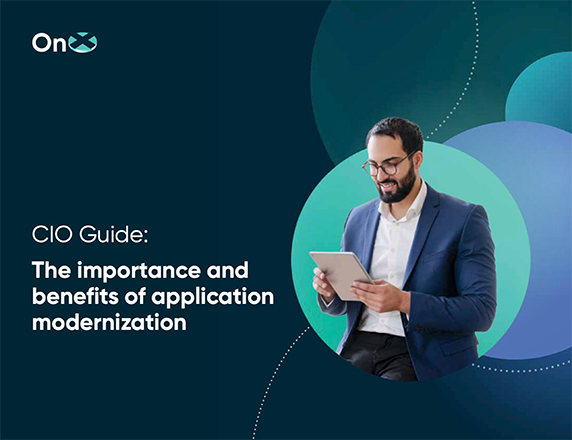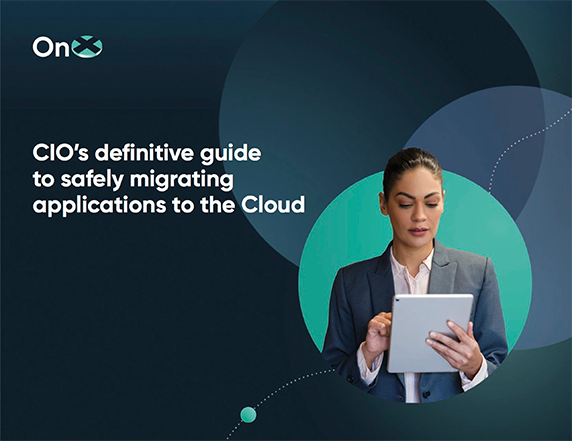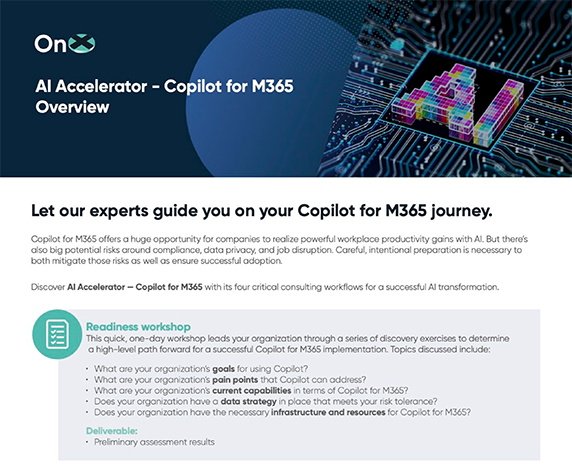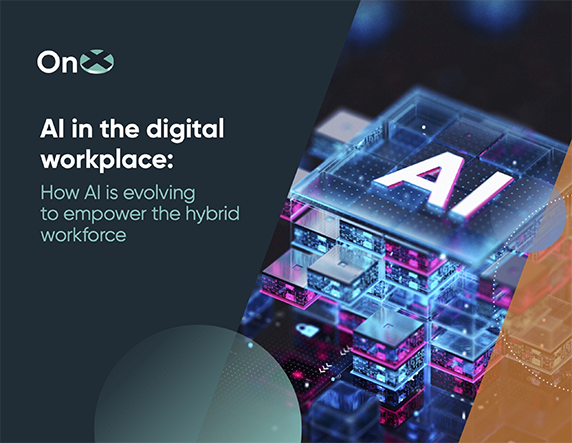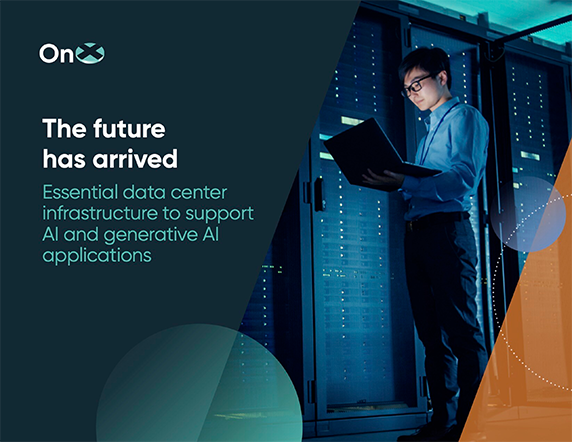
Modern healthcare providers face many challenges. Some depend on aging technology that is difficult and expensive to maintain. Security is also a core concern, as ransomware routinely targets providers. Additionally, staying compliant with government regulations is a continuous headache. Moving IT operations to the Cloud is a means to address all these issues at once. Cloud technology is not only cost-effective; it represents a revolutionary leap forward for healthcare.
This post will review the benefits of cloud computing in healthcare and the evolving technology that makes it possible.
The need for cloud migration in healthcare
Healthcare providers have relied heavily on MPLS systems in the past. However, legacy MPLS networks can no longer maintain the speeds and efficiency demanded by modern networking. In addition, the maintenance and upkeep of these systems require a lot of operational resources.
Security is another area of grave concern because patient data is extremely sensitive. Because of this, hackers often target healthcare systems with ransomware attacks that have the potential to cause delays, shutdowns, and even catastrophic damage. Moreover, as providers across the planet explore the use of Internet of Things (IoT) and Internet of Medical Things (IoMT) devices, the potential for backdoors into medical networks is exploding.
Many healthcare providers have long wanted to switch to cloud computing, but tight IT budgets and a lack of time and resources hold them back. Even when a healthcare system can successfully navigate a cloud migration, it often lacks the staff to optimize new cloud networks and risks falling out of compliance.
Also read: What to look for in a cloud security partner
Why switch to cloud computing?
In cloud computing, healthcare providers have a reliable and secure means of storing patient data. This model is a significant upgrade over on-site data centers. Also, many cloud providers update systems automatically rather than relying on in-house IT teams to maintain systems and servers.
Another compelling reason to move to cloud computing is networking. SD-WAN, Network as a Service (NaaS), and Unified Communications as a Service (UCaaS) are all cloud-based and can sometimes be implemented over existing MPLS lines. Each of these networking solutions offers unprecedented boosts to efficiency and collaboration. Additionally, best-in-class security methodologies like SASE and machine-learning-based virus hunters are highly compatible with the rapid evolution of cloud computing.
Learn more about SASE and machine learning: The 2023 SD-WAN Strategic Roadmap: Advances in Network Technology
What are the benefits of cloud computing in healthcare?
Migrating to the Cloud offers many unequaled benefits, including:
- A high degree of scalability on demand.
- Automatic backups and easy, secure file sharing.
- Unified Communications and collaboration tools.
- Bolstered, up-to-the-minute updated cyber security
- Monitoring of IoT and IoMT devices.
- AI-powered insights.
- Streamlined and automated data management.
- Automatic compliance.
- Boosted employee engagement.
- Data protection and recovery.
Emerging technology powers the future of healthcare
It is easy to equate cloud technology with one aspect, such as cloud storage. But, the Cloud represents a coalescence of many next-generation technologies coming together to solve various problems. In healthcare, several developments are promising for the future of cloud computing and the healthcare industry at large.
Internet of Medical Things (IoMT)
Revolutionary IoMT devices, such as monitors and apps, let doctors and nurses directly review patient data from anywhere. These wearable devices are innovative and potentially lifesaving. But, as the sheer amount of data increases drastically from IoMT devices, legacy MPLS systems struggle under the load. Security is a core concern with IoMT devices, as an unsecured device can create a backdoor into IT systems. Staying compliant with IoMT data is yet another challenge for legacy systems.
Data flow and management
Electronic health records (EHRs) pose a crucial challenge to modernizing healthcare systems. Unfortunately, EHRs are notoriously hard to share, with each device or system generating a proprietary file type that is not editable using other software. Fortunately, efforts are underway to create cloud-based EHRs that are shareable and editable—while maintaining information security.
Artificial intelligence (AI) and machine learning (ML)
The healthcare industry can apply AI and ML to almost any area of operations. For medical providers, AI technology can boost cyber security, improve billing efficiency, and generate better patient engagement. Regarding healthcare research, AI promises astonishing breakthroughs in everything from cancer research to protein folding.
Cloud-based networks
The Cloud affords a range of high-speed and secure options for modernizing networks. SD-WAN is a culmination of networking technology and methodology from the past decades. An SD-WAN network can often be deployed over legacy networks while significantly increasing network speeds and uptime.
Security
The Cloud provides cutting-edge security tools like encryption and AI-powered threat monitoring. In addition, SASE (pronounced “sassy”) is a security protocol that works with SD-WAN systems to boost security at all access points.
Learn more: 7 questions you should ask a prospective managed cloud provider
Why OnX?
In many situations, healthcare providers need more bandwidth to manage a cloud migration. In addition, properly implementing a new system and training staff on that system is daunting. System downtime or falling out of compliance are very real possibilities when embarking on cloud migration
Fortunately, the experts at OnX have deep expertise in digital transformation. OnX can steer your organization through its vetted migration process, all with minimal downtime and the promise of best-in-class security. A dedicated team of project managers and engineers will help you determine the right solutions to implement and can even manage those services after successfully deploying them.
Get in touch today to start your digital transformation journey.

